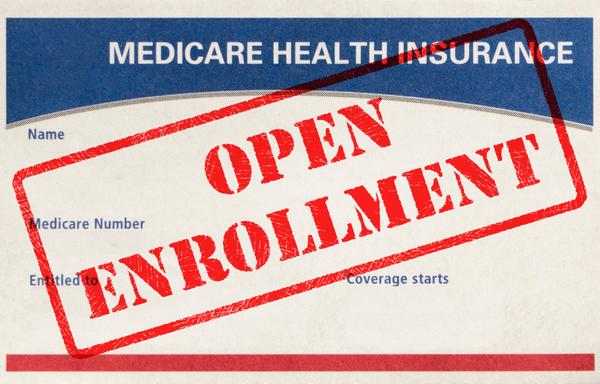
What Are the Three Key Changes Coming to Medicare in 2026 — and How Could They Affect You?
As Medicare’s 2026 plan year approaches, seniors are facing more moving parts than usual. This year’s open enrollment period — running through December 7 — is especially important because several cost and coverage changes are taking effect next year that could impact everything from your monthly budget to your access to care.
1. Premiums and Deductibles Are Shifting Again
Medicare Part B premiums are projected to rise modestly in 2026 following last year’s small increase. The standard premium will edge up, while higher-income beneficiaries may face larger adjustments under the Income-Related Monthly Adjustment Amount (IRMAA) brackets. Meanwhile, Part A hospital deductibles are also expected to increase slightly, along with daily co-pay amounts for extended hospital or skilled nursing stays.
However, some Medicare Advantage (Part C) and Part D prescription drug plans may actually lower their monthly premiums or cap drug costs more tightly, especially for generics. That makes it more important than ever to compare plans carefully — not just the premium, but also the deductibles, drug tiers, and provider networks.
See our prior articles on Medicare Advantage Plans for more details on plan trade-offs.
2. Coverage Rules for Telehealth Are Changing
Temporary COVID-era telehealth flexibilities have begun to phase out, and unless Congress renews them, 2026 will bring stricter limits. Some beneficiaries who have grown used to virtual visits may discover that certain types of appointments — especially behavioral health and therapy sessions — now require an in-person component.
If you live in a rural area or rely on telemedicine for convenience, review your plan’s 2026 telehealth coverage closely. Even if your provider continues to offer virtual visits, Medicare may not reimburse them the same way it did before.
For more on telehealth and aging, see our prior article on teleheath visits under Medicare.
3. Federal Budget Uncertainty Could Delay Payments or Services
If a government shutdown extends into 2026, Medicare operations could be affected — not in terms of eligibility, but in timing. Claims processing and provider reimbursements could slow down, and some pilot programs (including expanded telehealth projects) could be temporarily suspended.
Although beneficiaries will still have coverage, these slowdowns could lead to longer wait times for claims and reimbursements. Experts recommend keeping thorough records of any medical visits or prescriptions in case delays occur.
What You Should Do During Open Enrollment
Now is the time to:
• Compare your current plan with at least two alternatives.
• Review your prescription list and check which plans cover your medications.
• Confirm whether your preferred doctors and hospitals remain in-network.
• Check telehealth coverage if you rely on virtual visits.
If you need help evaluating options or estimating your 2026 health-care costs, reach out to our office. We can help you integrate your Medicare choices into your overall retirement and long-term-care planning strategy.
Don’t wait for a crisis. Educate yourself, talk with those you trust, and work with a knowledgeable Medicare Insurance Consultant to make your decisions official. We are happy to recommend our colleague Rich Ison at Retirement Together.
Ready for more insights? Find in-depth articles covering Elder Law, Estate Planning, Medicaid Planning, Incapacity Planning, Asset Protection, Advance Directives, and much more — plus resources to help you get started — on the Everything Elder Law Blog. For real-world stories from families who were very happy they planned ahead, just read our Google Reviews.